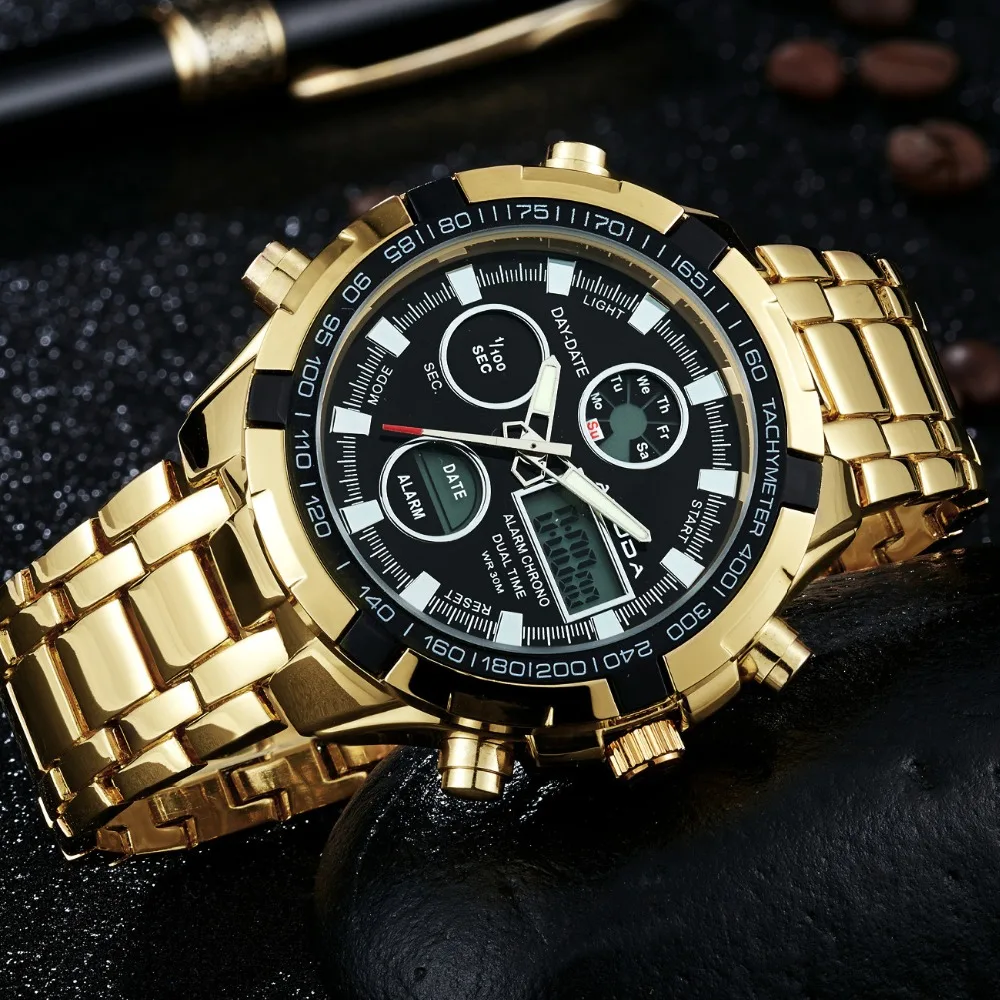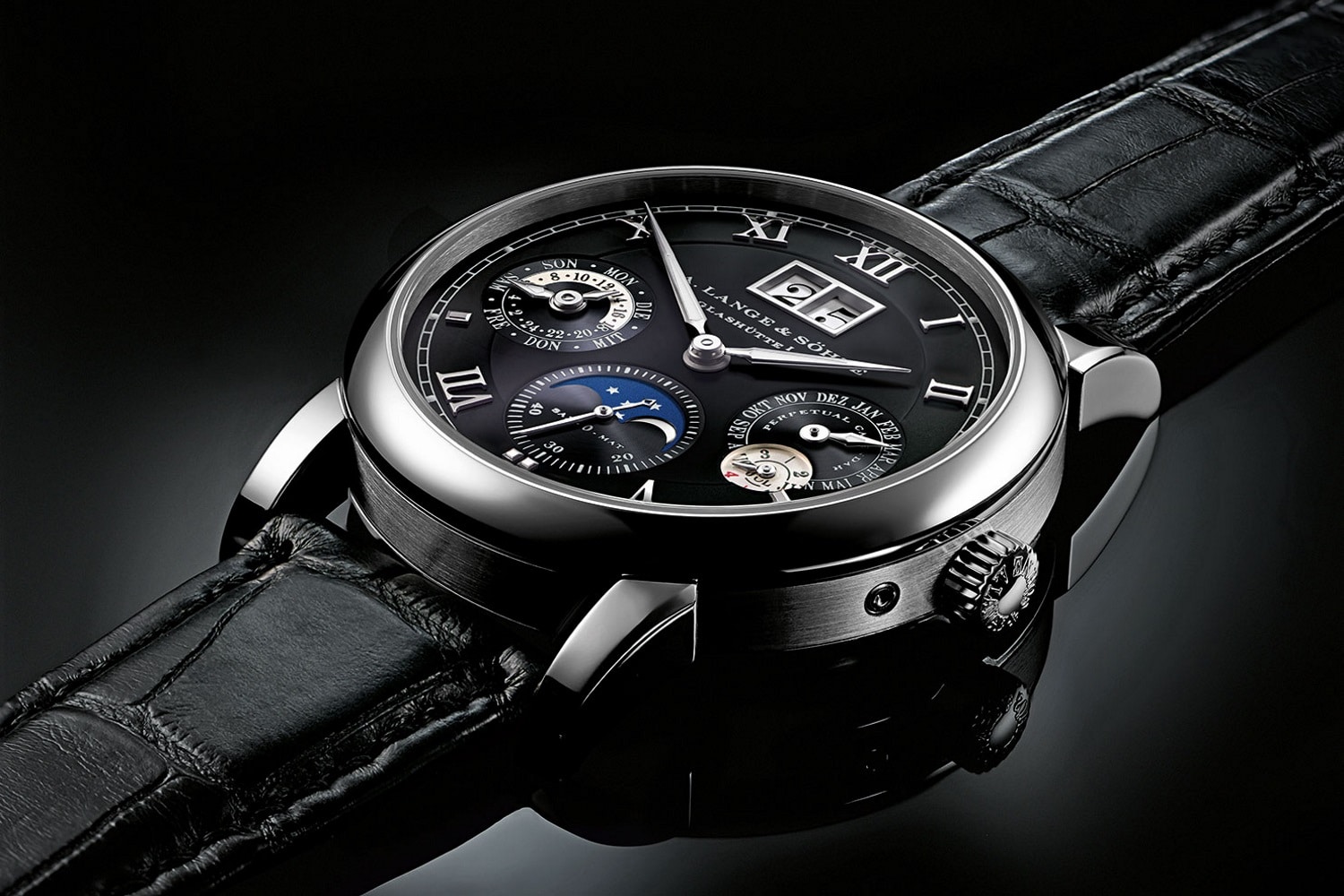Synonyms and Definitions

Reloj in english – The Spanish word “reloj” directly translates to “clock” in English. Synonyms for “reloj” include timepiece, watch, and horologe.
Reloj, the Spanish word for clock, has found its way into the English language as a slang term for a stylish or expensive watch. In the realm of music, “Reloj” has become synonymous with a captivating song by Peso Pluma.
The lyrics of Peso Pluma’s “Reloj” paint a vivid picture of a love that endures despite the passage of time, much like the timeless appeal of a finely crafted reloj.
A clock is a device that measures and displays the time. Clocks can be mechanical, electrical, or digital. They can be used to track the time of day, the date, or both. Watches are small, portable clocks that are worn on the wrist. Horologe is a more formal term for clock that is often used to refer to antique or decorative clocks.
Reloj, the Spanish word for “watch,” is a timepiece worn on the wrist. The word “watch” is derived from the Middle English word “wacche,” which in turn comes from the Old English word “wacce,” meaning “a wakeful period.” Did Peso Pluma pass away?
Click here to find out. Relojes are typically powered by a battery or a spring, and they display the time using hands or a digital display.
Examples, Reloj in english
- The clock on the wall was ticking loudly.
- I need to buy a new watch because mine is broken.
- The horologe in the grandfather’s clock is over 100 years old.
Types of Relojes: Reloj In English
Relojes, or timepieces, come in a wide array of styles and functions, each with its own unique charm and purpose. From the elegant wristwatch to the stately grandfather clock, the world of relojes offers a diverse range of options to suit every taste and need.
Wristwatches
Wristwatches are the most common type of reloj today, combining portability with style. They are typically worn on the wrist, secured by a strap or bracelet. Wristwatches come in various shapes and sizes, from the classic round face to the more modern square or rectangular designs.
The materials used in wristwatches vary greatly, from stainless steel and titanium to gold and platinum. The movements can be either mechanical, requiring manual winding or automatic winding through the wearer’s movement, or quartz, powered by a battery. Some wristwatches also feature additional functions, such as chronographs, alarms, and calendars.
Pocket Watches
Pocket watches were once the primary means of telling time, carried in a pocket or attached to a chain. They are typically larger than wristwatches, with a hinged case that protects the face and movement. Pocket watches are often more ornate than wristwatches, featuring intricate engravings and decorative dials.
The movements in pocket watches are typically mechanical, with either a lever escapement or a cylinder escapement. The materials used in pocket watches vary, with gold and silver being common choices. Some pocket watches also feature complications, such as moon phases or minute repeaters.
Grandfather Clocks
Grandfather clocks are the largest and most stately type of reloj, standing over six feet tall. They are typically made of wood, with a long pendulum that swings back and forth to regulate the timekeeping. Grandfather clocks are often passed down through generations, becoming cherished family heirlooms.
The movements in grandfather clocks are complex and precise, often requiring regular maintenance. The chimes of a grandfather clock are a distinctive feature, with many clocks featuring multiple chimes to mark the hour, half-hour, and quarter-hour.
Historical Significance of Relojes

The history of relojes, or clocks, dates back to ancient times. The earliest known clocks were sundials, which were invented in Egypt around 3500 BC. Sundials worked by measuring the position of the sun in the sky, and they were used to tell the time of day.
Over time, clocks became more sophisticated. In the 14th century, mechanical clocks were invented. These clocks were powered by weights or springs, and they were much more accurate than sundials. Mechanical clocks quickly became popular, and they were used in homes, businesses, and churches throughout the world.
In the 19th century, the first electric clocks were invented. Electric clocks were even more accurate than mechanical clocks, and they quickly became the standard for timekeeping. Today, clocks are used in a wide variety of applications, from telling the time to controlling industrial processes.
Clocks have had a profound impact on human history. They have helped us to measure time, schedule our activities, and coordinate our efforts. Clocks have also played a role in the development of science and technology. For example, the invention of the atomic clock in the 20th century made it possible to measure time with incredible accuracy. This has led to advances in fields such as navigation, astronomy, and telecommunications.
Cultural and Societal Impact of Relojes
Clocks have also had a significant cultural and societal impact. In many cultures, clocks are seen as symbols of power and authority. For example, in ancient Egypt, the pharaoh was often depicted wearing a clock on his wrist. In the Middle Ages, clocks were often used to regulate the activities of monasteries and other religious institutions.
Today, clocks are still used to mark important events and occasions. For example, the ringing of a bell at noon is a common tradition in many countries. Clocks are also used to commemorate historical events, such as the ringing of the Liberty Bell in Philadelphia on July 4, 1776.
Clocks have also played a role in the development of art and literature. For example, the clock is a common motif in paintings and sculptures. In literature, clocks are often used to create suspense or to symbolize the passage of time.
Anecdotes and Stories
There are many anecdotes and stories that highlight the significance of relojes in human experiences. One famous story is about a man named John Harrison. In the 18th century, Harrison was commissioned by the British government to build a clock that could accurately measure time at sea. Harrison spent years working on his clock, and he finally succeeded in 1761. Harrison’s clock was so accurate that it helped to revolutionize navigation and made it possible for ships to sail around the world safely.
Another story about the significance of relojes is the story of the atomic clock. In the 20th century, scientists developed the atomic clock, which is the most accurate clock ever invented. Atomic clocks are used to calibrate other clocks and to measure time for scientific research. Atomic clocks have also played a role in the development of GPS technology, which is used to navigate cars, airplanes, and ships.
Clocks are an essential part of our lives. They help us to measure time, schedule our activities, and coordinate our efforts. Clocks have also had a profound impact on human history, culture, and society.
In the realm of horology, “reloj” translates to “clock” in the English language. This timekeeping device has played a pivotal role in human history, marking moments and facilitating schedules. Similarly, in the realm of martial arts, the term ” solicitado peso pluma ” refers to a highly skilled and agile fighter in the featherweight division.
Their precision and finesse mirror the intricate mechanisms of a finely crafted reloj, showcasing the convergence of time and skill.
The Spanish word “reloj” translates to “clock” in English. Speaking of time, have you heard the catchy lyrics of “Put Em in the Fridge” by Peso Pluma? Check them out for a fun musical break. Getting back to timekeeping, “reloj” is a useful word to know when navigating Spanish-speaking countries.
If you’re looking for the Spanish translation of “reloj,” you’ll find it’s simply “clock.” And if you’re looking for a way to keep your food fresh, you might want to try putting it in the fridge. Put em in the fridge is a great way to preserve your food and keep it from spoiling.
So, if you’re looking for a way to keep your food fresh and your Spanish skills sharp, you should definitely try putting your food in the fridge and learning the Spanish word for “clock.”